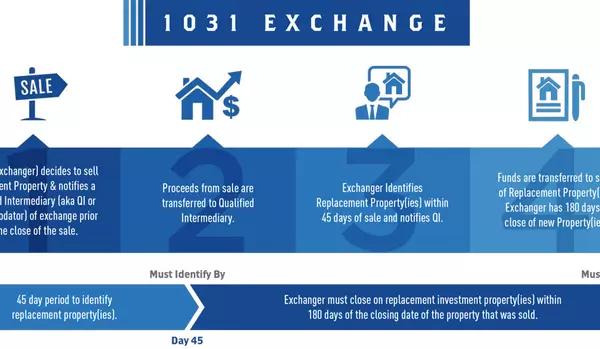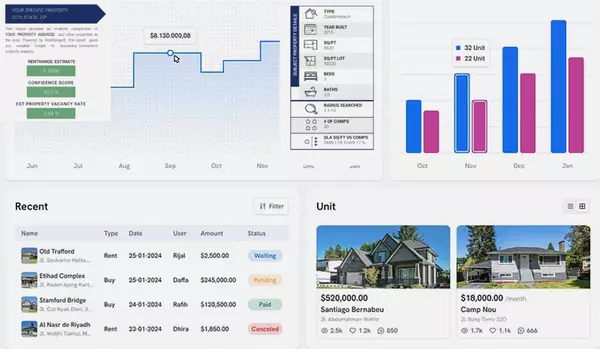Defer Today, Simplify Tomorrow
Many of our clients reach a point where managing tenants, maintenance, and taxes becomes more work than reward. Yet, selling outright can trigger significant capital gains, leading many to seek smarter, more flexible solutions. That search often leads to the Delaware Statutory Trust (DST), which can defer taxes via a 1031 exchange and convert hands-on ownership into professionally managed, passive real estate.
Traditional 1031 exchanges can be limiting
The 1031 exchange has long been the standard tool for deferring capital gains taxes when selling investment property. While powerful, it comes with strict rules and tight deadlines. Sellers must identify and close on a replacement property quickly, which can create pressure and sometimes lead to reinvesting in assets that require the same level of hands-on management they hoped to leave behind.
How the Delaware Statutory Trust works
A Delaware Statutory Trust, or DST, allows investors to reinvest proceeds from a property sale into a professionally managed real estate portfolio while still qualifying for 1031 exchange treatment. In a DST, multiple investors hold fractional interests in high-quality commercial or multifamily assets, with property operations handled entirely by institutional managers.
Benefits:
• Tax deferral: Defer capital gains through a properly structured 1031 exchange.
• Passive ownership: Eliminate maintenance and management responsibilities.
• Diversification and sizing flexibility: Own fractional interests across properties and align your exchange dollars precisely, without taking on management.
• Estate planning advantages: DST interests can be divided among heirs or sold to meet family needs.
Tradeoffs:
• Illiquidity: DSTs are long-term investments, typically held 5–10 years, with limited options for early exit.
• Limited control: Professional managers make all operating and leasing decisions, leaving investors hands-off.
• Market risk: Returns depend on property values, rental income, and interest rate trends.
• Fees: Management and acquisition costs can reduce overall returns compared with direct ownership.
What about the other DST: Deferred Sales Trust?
While the names sound similar, a Deferred Sales Trust defers taxes under Section 453 by holding your sale proceeds and paying them out over time; it is not a 1031 exchange and does not reinvest in replacement real estate. In this structure, you deposit the proceeds into a managed trust that defers taxes through scheduled payments.
In contrast, a Delaware Statutory Trust keeps your proceeds invested in real property, thereby maintaining eligibility for 1031 tax deferral and generating income through rental distributions. It is an ownership transition rather than an exit.
Family-focused strategies
For families planning generational transfers, a Delaware Statutory Trust can simplify both management and the inheritance process. Interests are easily divided among beneficiaries, and the income flow continues without the stress of direct property oversight. In short, it is a structure that supports both financial and lifestyle goals, particularly for those seeking stability without compromising opportunities.
Whether you are ready to retire from direct ownership or planning for family succession, exploring a Delaware Statutory Trust can reveal options that many property owners do not realize exist.
If you would like to discuss how a DST might fit your goals, I’m here to help connect you with trusted professionals. -Henry
Categories
Recent Posts











"I am committed to supporting clients in making informed real estate decisions, providing superior service, and generating results. Please give me a call or email if you have questions; I'm here to bring value, insight, and efficiency to your real estate objectives." -Henry Jaffe
